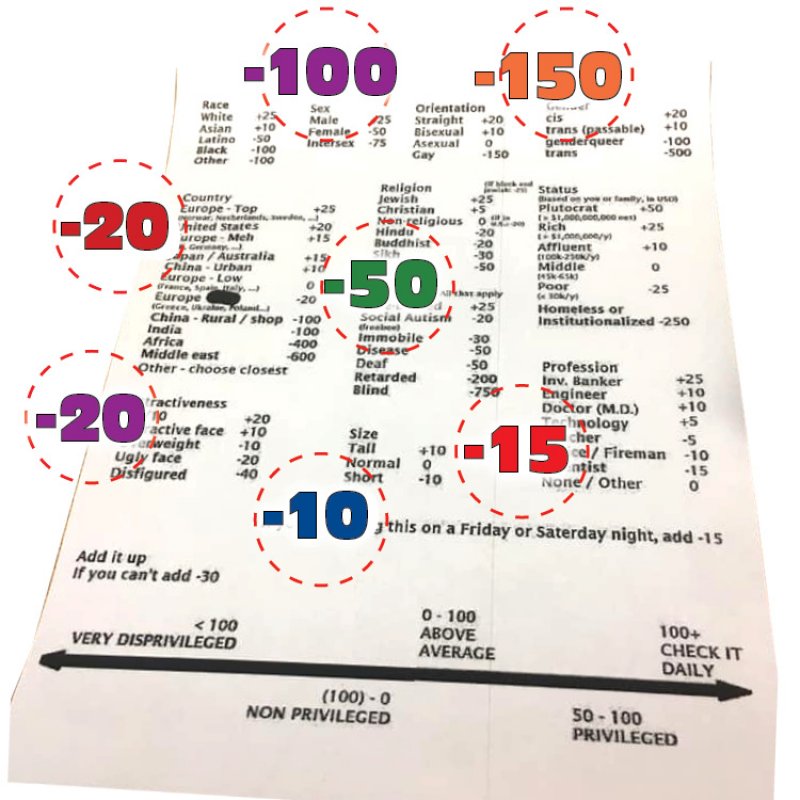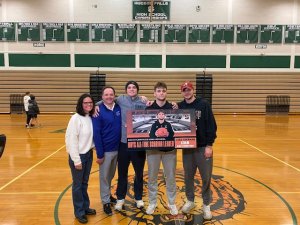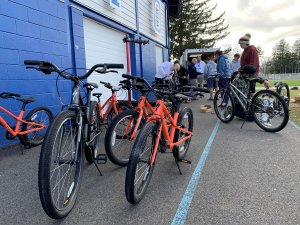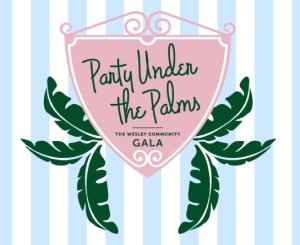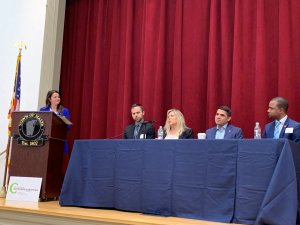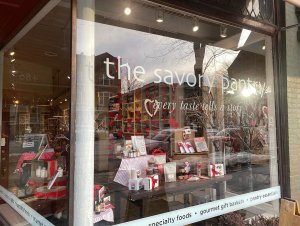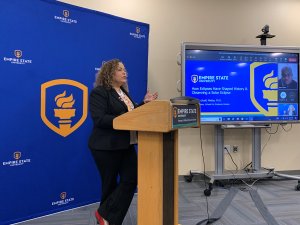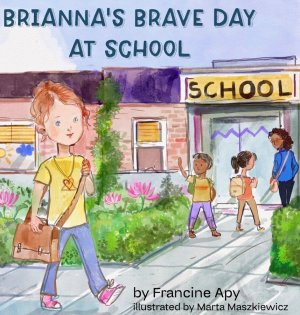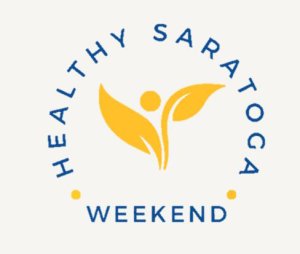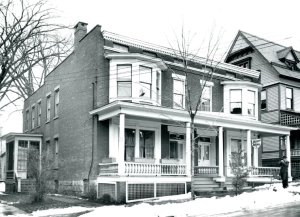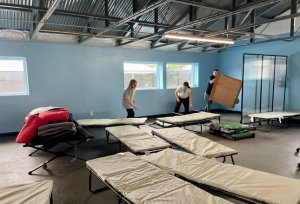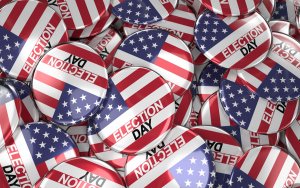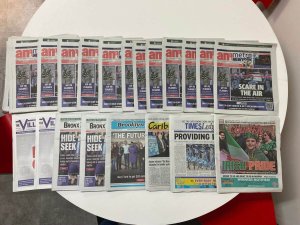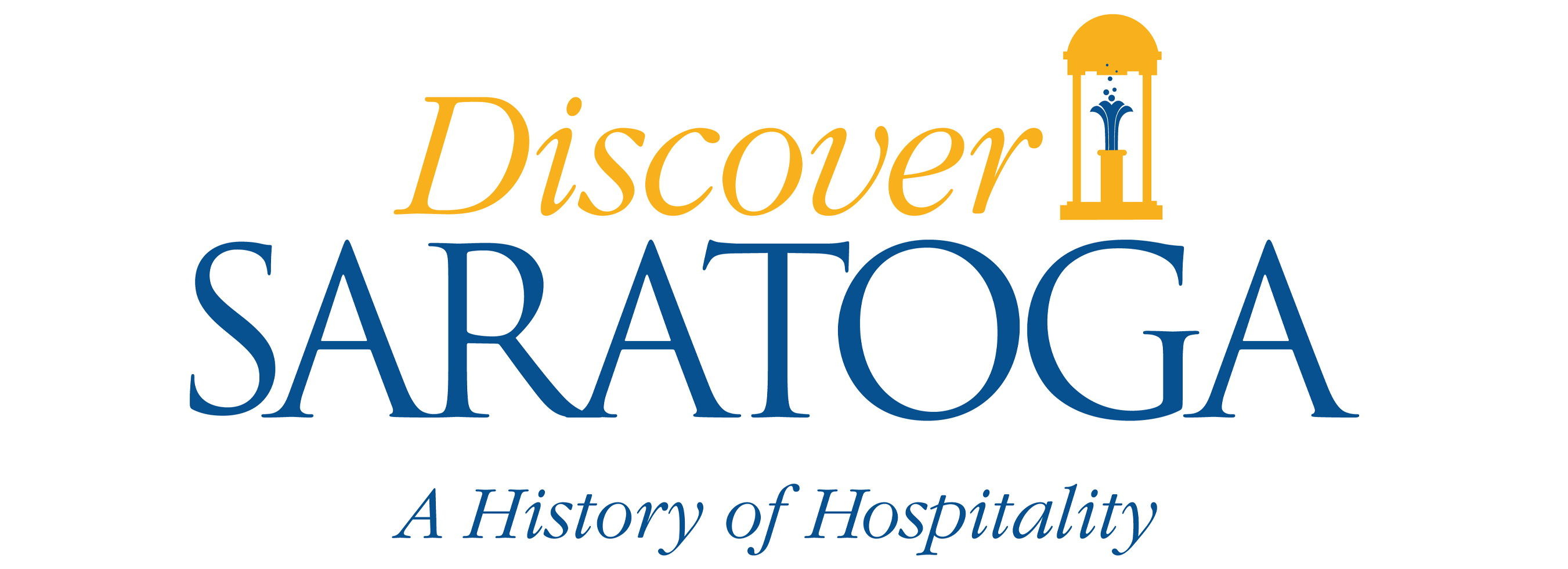SARATOGA SPRINGS — “Short” people lose 10 points. An “ugly face” will set you back 20, and an ever-descending register of minus scores drop “females” (minus-50), “gays” (minus-150), and those who indicate Africa as their place of origin (minus-400) well below the line of “privilege.”
The so-called privilege rating sheet was distributed to some Saratoga Springs High School students last week. According to one student who would go on-the-record for the purposes of this report, not a lot of context was provided to the two dozen or so classmates in his marketing class regarding the scorecard.
“It was handed out to everyone in the class and a lot of people started raising questions, being very open about their dislike of it, that it was offensive and that they didn’t really understand why we were doing it,” says Zachary Marx, a junior at Saratoga Springs High School.
The teacher, Zachary says, went into “a little bit of an explanation,” and explained that the sheet was discussed during a staff development meeting earlier that week with a goal to have a conversation to create unity. “I think the whole purpose of the sheet was to show you your privilege so you can see where other people are coming from, but I think it just didn’t sit right with people.”
“It said “gay” minus 150 and “retarded” minus 200, basically scoring you on your sexuality and religious beliefs,” Zachary says. “Last year the school had this whole movement against the word “retarded” - to not say it - and when we got that sheet it was just there, and it was a minus-200. It really rubbed me the wrong way. I think a lot of people were kind of shocked by it.”
The sheet provides plus or minus scores in nearly a dozen categories including race, gender, national origin, religion and financial status. The highest plus-scores indicating one of “privilege” point to tall, white, “straight” Jewish men. High marks are also given for “attractiveness” and those who are “able-bodied” and financially wealthy.
Definitions of “privilege,” specifically “white privilege” have changed through the decades, according to Teaching Tolerance – an organization founded in 1991 as a project of the Southern Poverty Law Center with a program emphasis on social justice and anti-bias to prevent the growth of hate.
Before the Civil Rights Act of 1964, “white privilege” generally referred to legal and systemic advantages given to white people by the United States, such as citizenship, the right to vote or the right to buy a house in the neighborhood of their choice, according to Teaching Tolerance. With the publication of the essay “White Privilege: Unpacking the Invisible Knapsack” in 1989 by Peggy McIntosh, the view of white privilege began to be perceived as more psychological - a subconscious prejudice perpetuated by white people’s lack of awareness that they held this power, the organization says.
More recently, people across the country have engaged in “Privilege Walks” – defined as an activity designed to aid the understanding of the effects of social privilege. During these events, a list of dozens of social privileges, or disadvantages are read to a group of people who initially stand shoulder-to-shoulder linking arms and eventually are separated as they take steps forward or backward, based on how they identify with each respective statement.
Richard Lachmann is a professor at the University at Albany with an expertise in Comparative/Historical Sociology and Political Sociology. Regarding the sheet distributed to Saratoga Springs students, Lachmann says, “I’m sure some well-meaning teacher read about this and thought it’s a good way to show some people are born with certain privileges and others aren’t, but there are two problems. First, it’s inaccurate. Whoever picked these scores, it sounds like they just pulled it out of thin air.”
“Sociologists have done a lot of research, so we do know, say, in terms of income, how much of an advantage you get if you’re tall, how much if you’re a man, and so forth,” Lachmann says. “Of course, the biggest difference is probably not on the list at all. And that is: how rich and well-educated your parents are. The factor that makes the biggest difference somehow never seems to make it into most of these sorts of exercises. The second problem is that you need to plan the lesson out carefully, so you just don’t hand out this sheet. Look at the results we get, let’s talk about what it means and how it relates to the real world. You don’t just hand it out, have them fill it out, and think that’s the end of the lesson.”
The Saratoga Springs City School District did not respond to specific questions for the purposes of the article regarding the hand-out sheet, and instead released a 193-word statement on Feb. 13. The statement reads, in part: “A conversation discussing privilege and how it impacts our beliefs, values, and how we treat each other was recently conducted in a high school classroom. The conversation allowed students to examine their own background and to recognize and value the differences in others.”
Lachmann says the hand-out doesn’t teach anything about the society that the students actually live in. “There’s not really a discussion about how this works: Why it is that tall people have a certain advantage? How it is that men have an advantage, how racism works. So, they’re not really learning anything that’s particularly useful. And if it’s introduced in this sort of way, it just makes the kids feel uncomfortable; some kids feel bad about themselves, others get really defensive because they feel they’re being presented as privileged, so nobody is really learning anything with this exercise,” Lachmann says. “I’m sure there are ways to do it that can be useful, but it takes a lot of work. You don’t just go online and say, ‘Oh, that looks useful.’”
“I filled it out because I wanted to know where I ranked. Some other people filled it out, but a lot of people just sat there with it,” says 11th-grade student Zachary Marx. “Throughout the years of school you were taught that everyone is equal, but now you give us this sheet and everyone’s being ranked on it. I don’t understand why it was done and I think it probably hurt some people more than it made them realize any sort of privilege.”
The sheets weren’t collected by teachers, nor has there been any in-class mention regarding the exercise during the week since it had taken place, Zachary says. He did draw the attention of school administrators, however, when he posted a picture of his filled-out sheet on social media, accompanied by this text: Is this OK to hand out in a class? What is this? It ranks you on sexuality and attractiveness. I don’t understand. I guess it opens up a conversation, but I don’t really know.
“About two hours after I posted that I got called down to an administrator’s office and I was asked to take it down,” Zachary says. He was asked whether he was given a reason. “They felt I had posted it without context to the conversation, but - if there was supposed to be a context around it… no one really got it.”
In its statement, the Saratoga Springs City School District did not explain where the score sheet originated or how many students were provided with what it calls a “privilege reflection form.” It makes no mention of the context in which the words are used, other than noting that “an unmodified version of the privilege reflection form was distributed to students without the removal of insensitive words (and that) the District does not condone the use of the document with these insensitive words.” As for its purpose, district says it is “…initiating conversations in all our schools that increase our cultural awareness and encourage our students and staff to gain a better understanding of the diversity that exists within our community.”
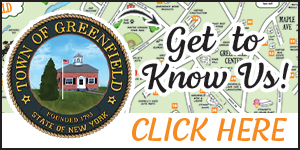



 How to resolve AdBlock issue?
How to resolve AdBlock issue? 